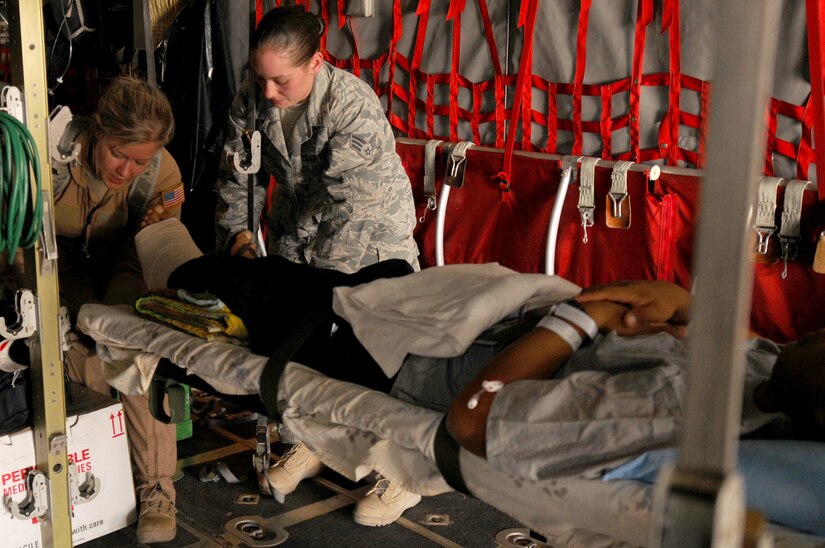Hey guys I think the title is pretty self explanatory. Is there any flight medics that can guide a young Green banana of a EMT.
After Paramedic school...How do you go about starting to prep for Flight Medic?? Is there additional schooling?
How long??
From Paramedic year 1 to Flight Medic what is the Average time?? Thanks Guys. I love this Group btw
Flight nurse here (rotor wing, hospital based), so take my advice for what it is worth. I have my paramedic as well, but I was hired as a flight RN so my path was a little different than yours will be.
The minimum time to be hired as a flight medic is going to be 3-5 years of busy experience, preferably doing 911 in a system that does RSI. I know medics who have worked at urban systems and rural systems that have been hired for flight, so the actual location you work in doesn't matter as much as your experience. After you get 3-5 years you'll be hire-able, but not necessarily marketable. In order to be marketable, I suggest you do the following:
-Get involved in teaching
-Start going to conferences and networking. I can't say how important networking is
-Start listening to podcasts, reading books, and getting involved in online discussions. Show that you really have the thirst for knowledge
-Look at doing ride-alongs with your local flight programs to get your foot in the door
-Seriously consider getting your RN, and getting some critical care experience
-If possible, do critical care IFTs as a paramedic in addition to your 911 experience
-Have a good attitude, admit when you don't know something, and make sure you put safety before everything else
The most important thing is to always look to self-improve, and to admit when you don't know something or when you might be out of your league. Get familiar with medications and you don't use often, such as pressors, insulin drips, etc.
Becoming a flight provider isn't easy, and that's a good thing. We're tasked with transporting some of the sickest patients in the state with very limited space and resources. You'll need to have a good, solid foundation to build on when you start in flight, otherwise you'll be bound to fail.
It's an attainable goal, but just realize that it will take you a while to attain it.
For your knowledge, my path to becoming a flight nurse took about 5 years. During those 5 years, I gained experience in ER nursing, ICU nursing at a level 1 trauma center, rapid response nursing, went to conferences, obtained my paramedic and began working part time in a busy, urban EMS system that does RSI (which I still do as my "vacation job"), and obtained my CCRN, CEN, and CFRN, along with a bunch of other certifications that they wanted to see.
It's doable, but just know what you are getting into. That being said, I think it's one of the best jobs in the world.
Best of luck! If I can be of any assistance just let me know!

